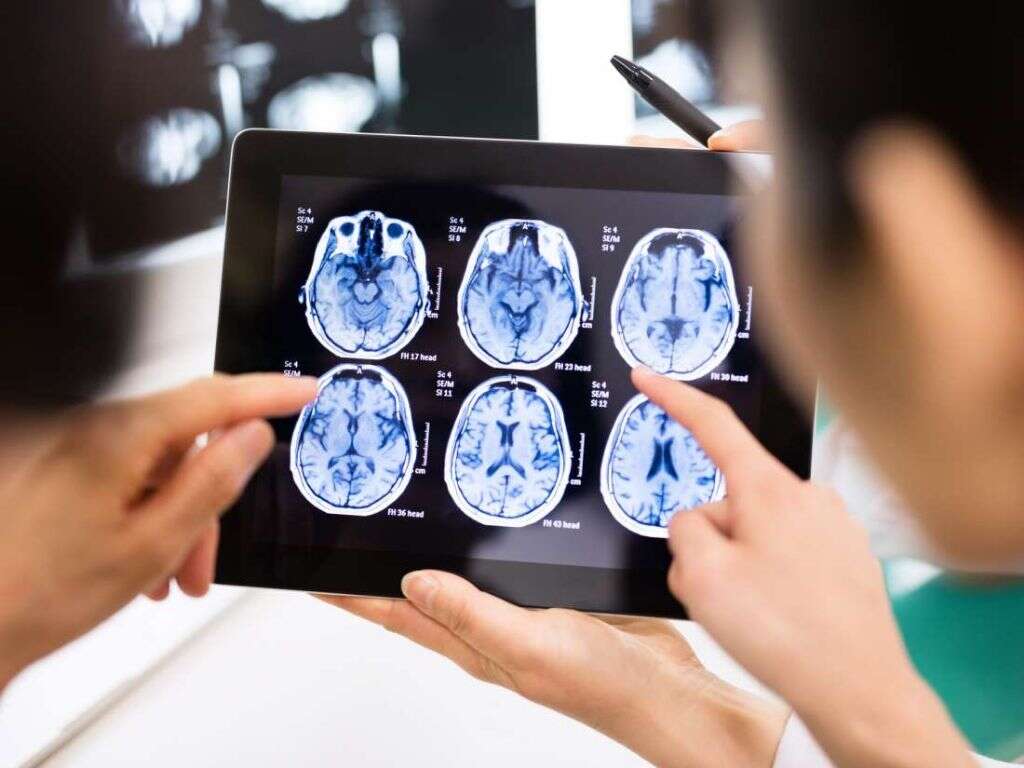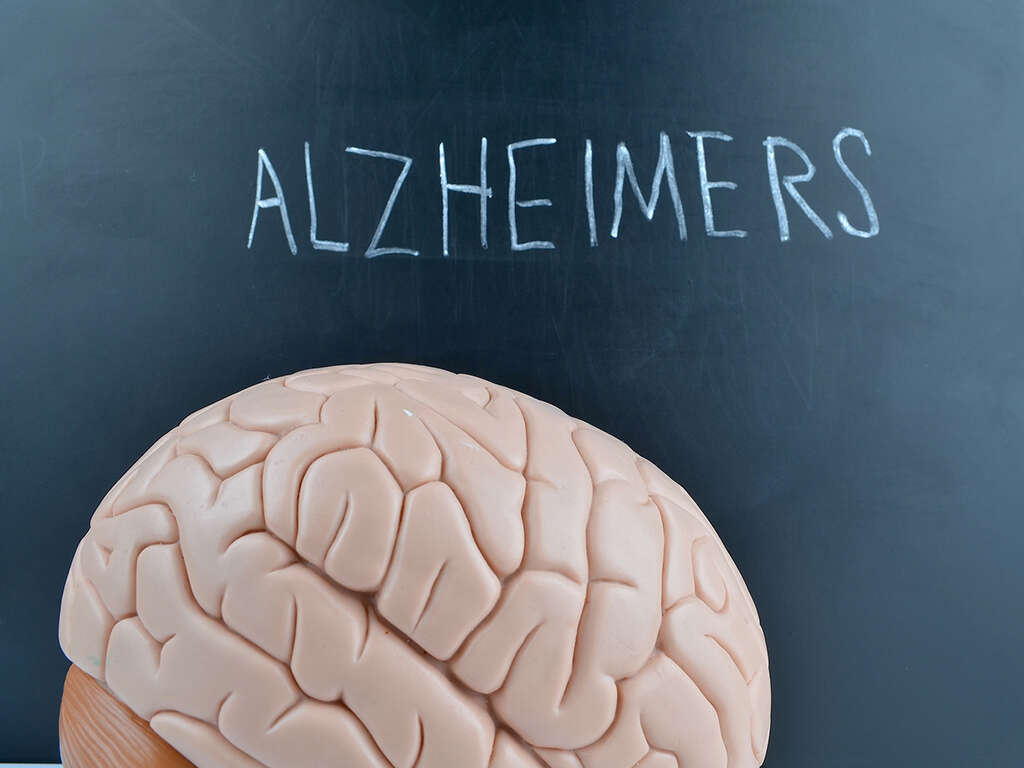10 Symptoms of Lewy Body Dementia
Dementia is a relatively common condition that tends to affect people in old age. Its affects can be devastating not only on the patient but also to the people that are closest to them. There is more than one type of dementia, and Lewy body dementia is one of them.
Lewy bodies are abnormal deposits of a type of protein that is known as alpha-synuclein. These deposits affect the chemicals in the brain, and this leads to a range of symptoms that are more or less typical of other types of dementia. There is no known cure, but treatments are available that can at least reduce the severity of symptoms.

Symptom #1: Visuospatial Difficulties
Two eyes located on the front of the head are common among predators or omnivores such as ourselves. The simple reason is that it works. The two eyes can work together to allow for triangulation, helping us to judge direction and distance with ease. This is down to the brain’s ability to process the information that is coming from the eyes.
With a failing brain, though, this ability will gradually be lost. The patient can struggle to judge direction and distance, making it difficult for them to get around. Even reaching for a glass can become difficult for them and they can require help from other people even to do the simplest of things.

Symptom #2: Changes in Cognitive Ability
Many of us will experience a decrease in cognitive ability as we get older. Our brains don’t always stay as sharp as when we are young, but they don’t usually decline to a point where it seriously affects us. In the case of dementia, though, cognitive decline can be very significant indeed.
The loss of cognitive ability associated with Lewy body dementia is distinguishable from other dementia. This is because the cognitive ability fluctuates. The patient can be fully alert one day and then suffer from severe confusion the next. This can happen at any time, and the fluctuations can lead to some people thinking it is being faked.
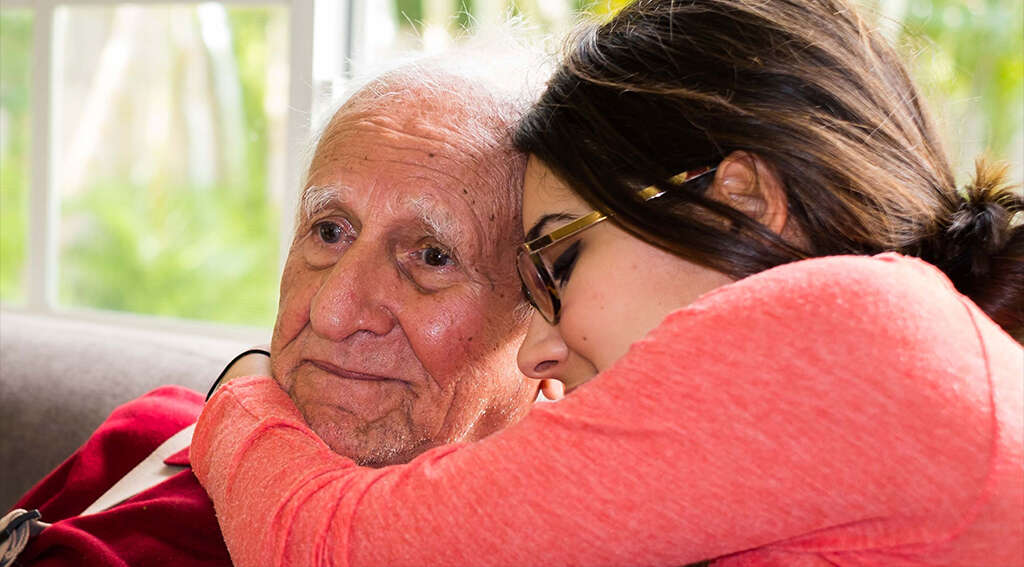
Symptom #3: Delusions
Our brains give us the ability to make sense of the world around us. We generally have a pretty good idea of what is going on, and we usually have little difficulty telling the difference between fiction and reality. Patients with Lewy body dementia, however, can begin to struggle to know the difference between what is true and what is not.
A common symptom of the condition is delusions. The patient might believe that certain scenarios are playing out despite there being no evidence that this is the case. It can lead to them believing that there is a plot to harm them, even when everybody just wants to help.
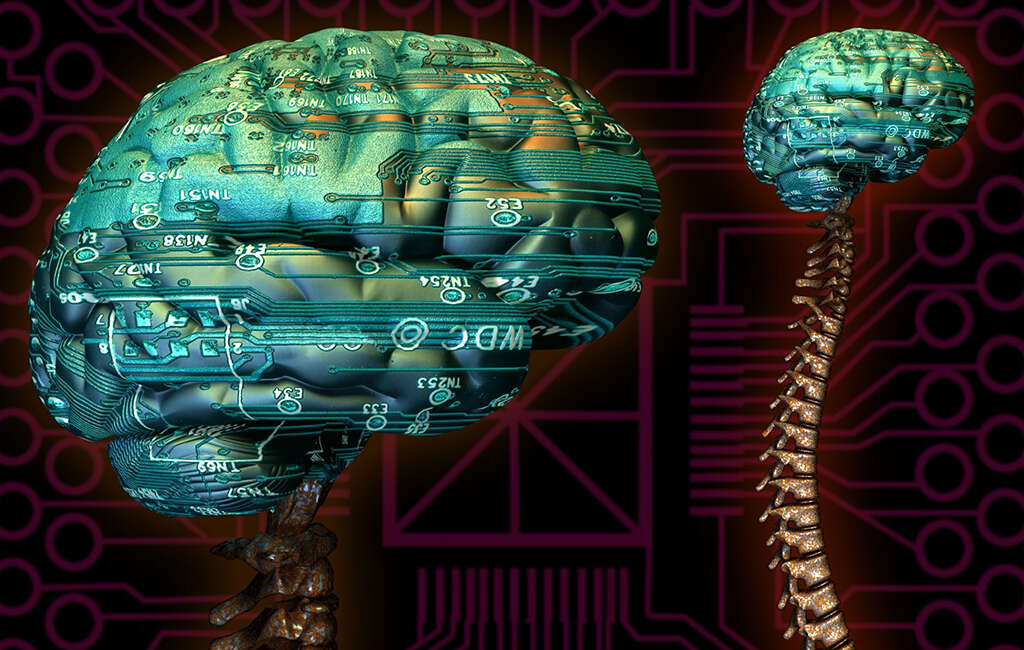
Symptom #4: Difficulty Moving
All of our movements are affected by our brains, whether consciously or subconsciously. It takes quite a lot of brain power to perform various actions, and if something is not quite right in the brain, this ability can be hindered. This means that patients with Lewy body dementia can experience problems with movement and also take on an unusual gait and posture.
Walking even short distances can become labored, resulting in a shuffling movement. The patient may also experience tremors and their limbs can become stiff. Falls are not uncommon and this could potentially lead to injuries. These symptoms can cause the patient to become increasingly dependent on others.

Symptom #5: Personality Changes
One of the hardest things that the loved ones of dementia sufferers face is seeing their beloved undergo changes in personality. It is a common symptom and Lewy body dementia is no different. Indeed, people with Lewy body dementia are twice as likely to develop personality traits on the first evaluation.
This will include things like losing an interest in hobbies that they once loved and a growing general apathy. They can also become repetitive. Perhaps one of the most painful things for their families to see is a diminished emotional response, with the patient seemingly not caring about other people that they were once so close to.

Symptom #6: Active Dreaming
There’s still a lot we don’t know about dreaming. It is thought that it helps us to process information and events that have occurred, but the exact processes and purpose is still rather vague. Some of us will have dreams that are more or less vivid than others, while some people might even sleepwalk and perform others actions in their sleep.
Some people will physically act out their dreams as they are sleeping, and it is a typical syndrome of Lewy body dementia. The patient will sometimes perform even violent actions in their sleep and may also be quite vocal. This is a condition that is known as rapid eye movement (REM) sleep disorder.

Symptom #7: Faulty Autonomic Nervous System
All day, every day, our organs and other body parts are acting without our conscious input. Our hearts beat, our lungs inflate and deflate, and our digestive system takes nutrition and energy for our food. We take these things for granted, but we’d be in grave danger if something was to go wrong.
With a failing brain, people with Lewy body dementia can find that these processes that once went smoothly will begin to struggle. The heart pressure can drop or rise, breathing can become difficult, and they can also experience problems with their digestive system. It’s a condition that has the potential to become very serious.

Symptom #8: Memory Loss
Memory loss is one of the most typical of all symptoms of dementia. It is also one of the most devastating. Family members can literally experience having parents and grandparents forget who they are. The can forget who their own children are, their own spouse, and this can be extremely heartbreaking for all involved.
Memory loss is also common in Lewy body dementia. Thankfully, though, it tends not to be as severe as in other types of dementia. Regardless, it can still be extremely difficult for patients and families to cope with. Some patients will find that much of their long-term memory will remain intact, if not all of it, but they will struggle to remember things in the short term.

Symptom #9: Hypomimia
Our faces have 43 muscles. These muscles help affect our facial expressions such as a smile, a frown, and a wide range of other expressions. Such is the complexity of these expressions that we are able to tell a lot about a person’s mood just by looking at them. In many ways, facial expressions are a language all of their own.
People with dementia, including Lewy body dementia, are likely to develop hypomimia. Also known as Parkinson’s mask, it is a condition that causes the patient to have a completely expressionless face. The blank stare might also be accompanied by drooling and a runny nose.
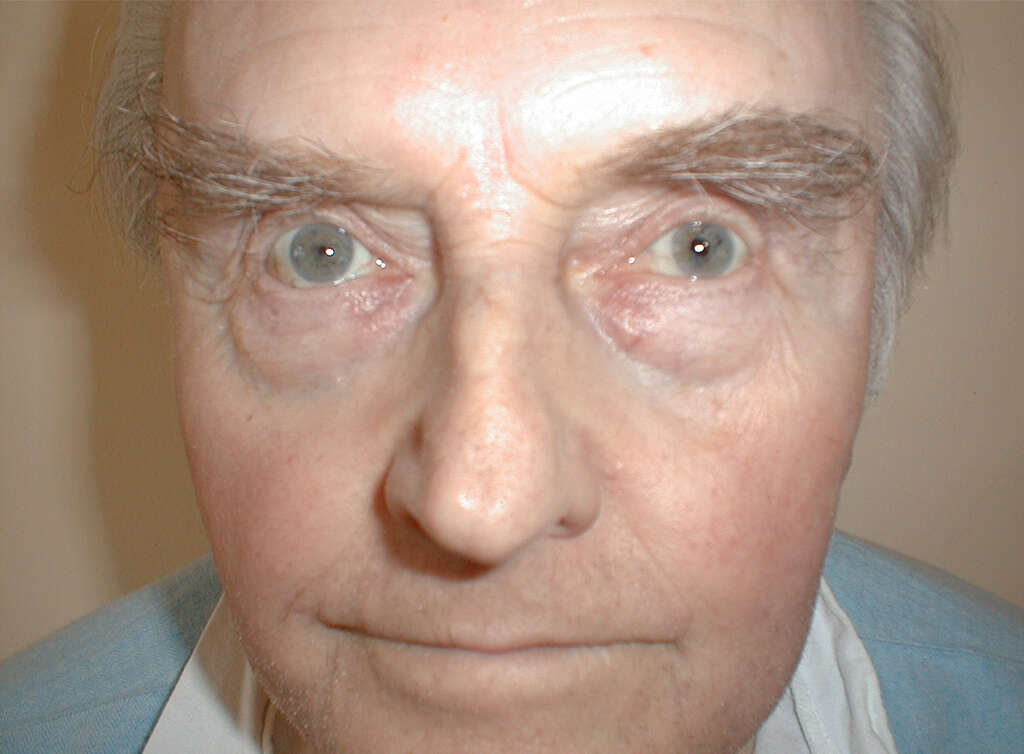
Symptom #10: Visual Hallucinations
Our eyes have the job of detecting light and sending information regarding this light to the brain. The brain is then tasked with processing this light in a way that tells us what is happening around us. It’s a system that is incredibly effective but it can sometimes go wrong.
Lewy body dementia affects how the brain is able to perform. This includes its ability to process the information coming from the eyes. This can lead to the brain “seeing” things that are not there in what we know as hallucinations. Hallucinations can be very vivid, with the patient finding it all but impossible to tell what is there and what isn’t.





